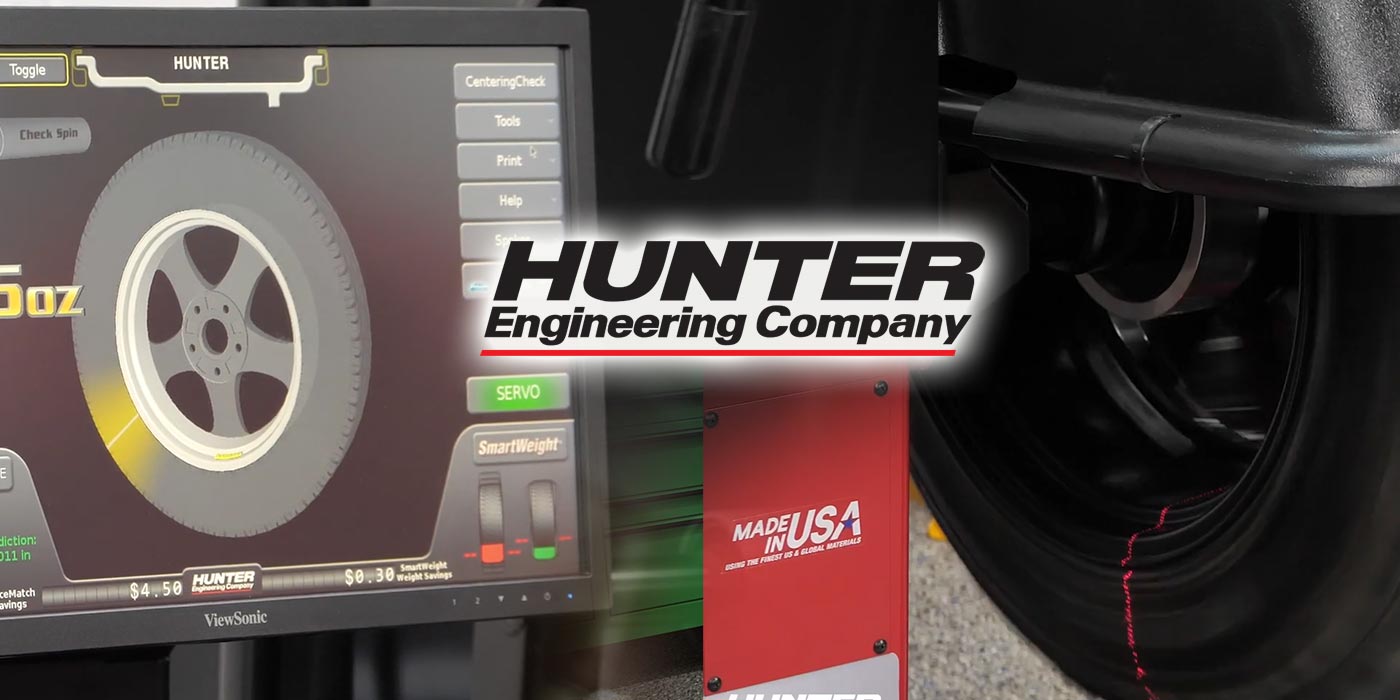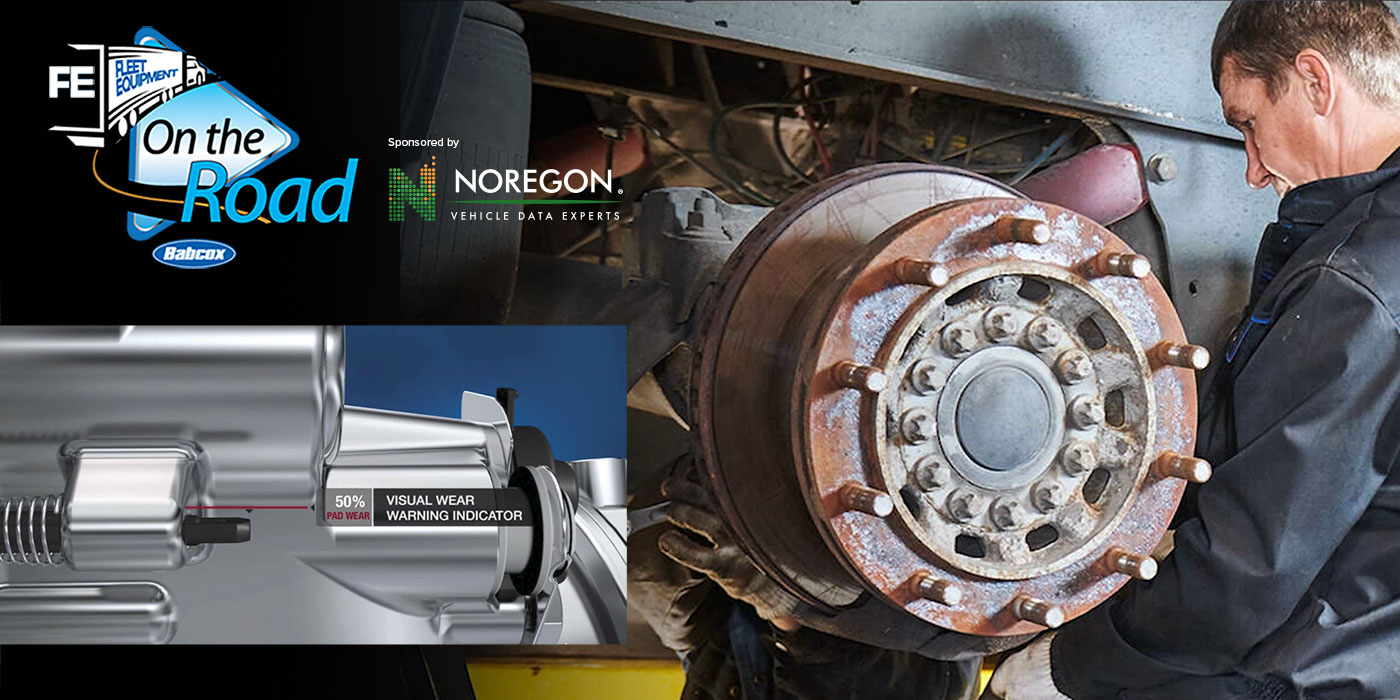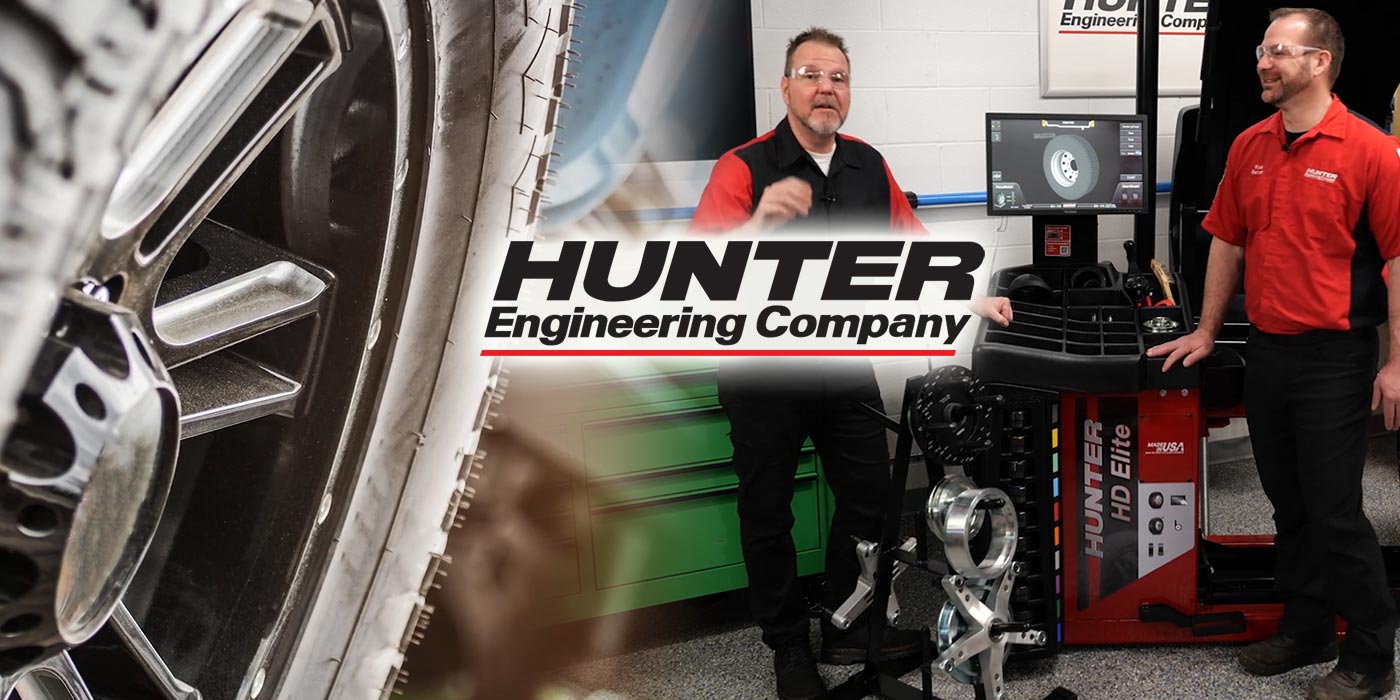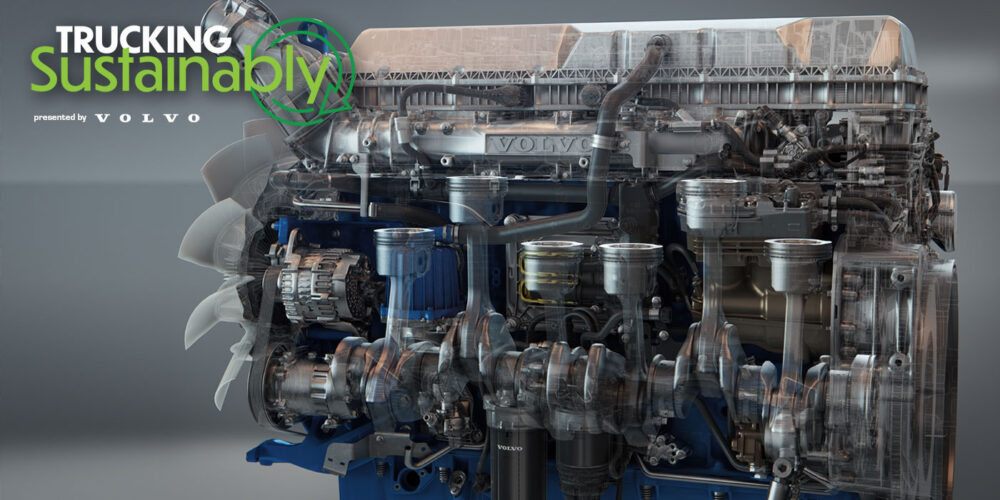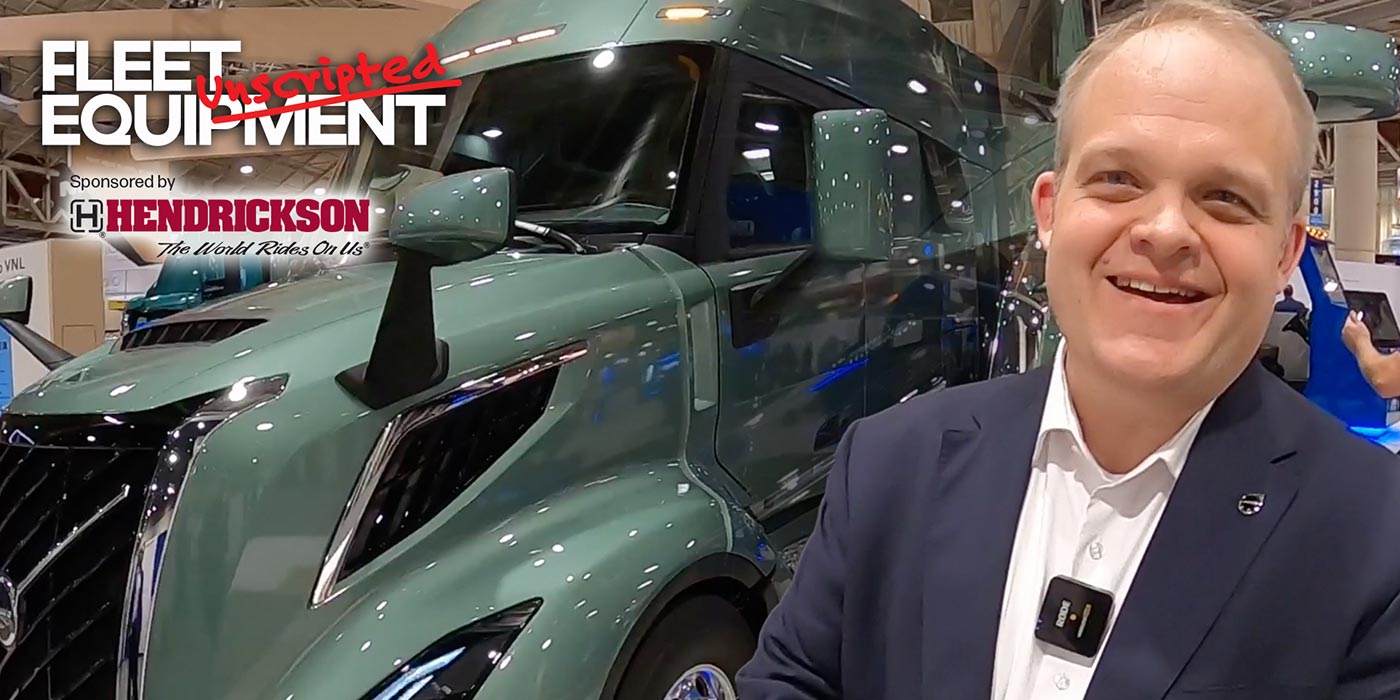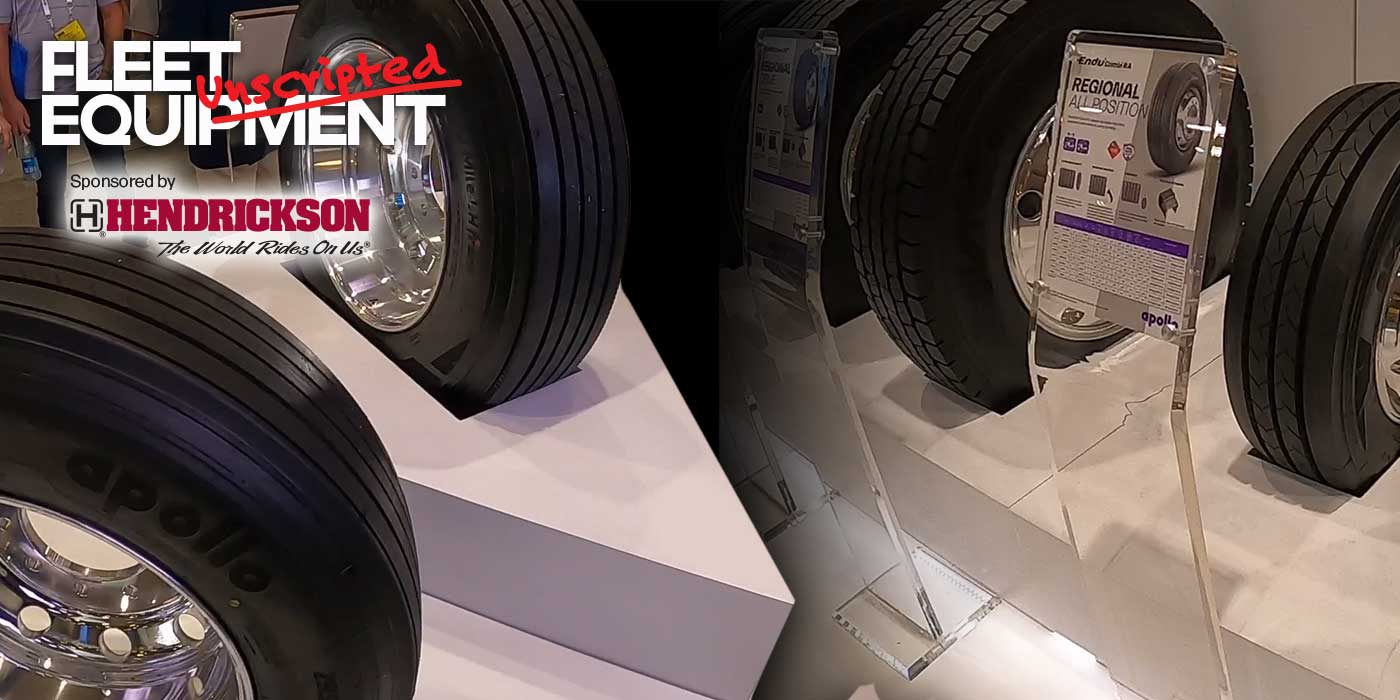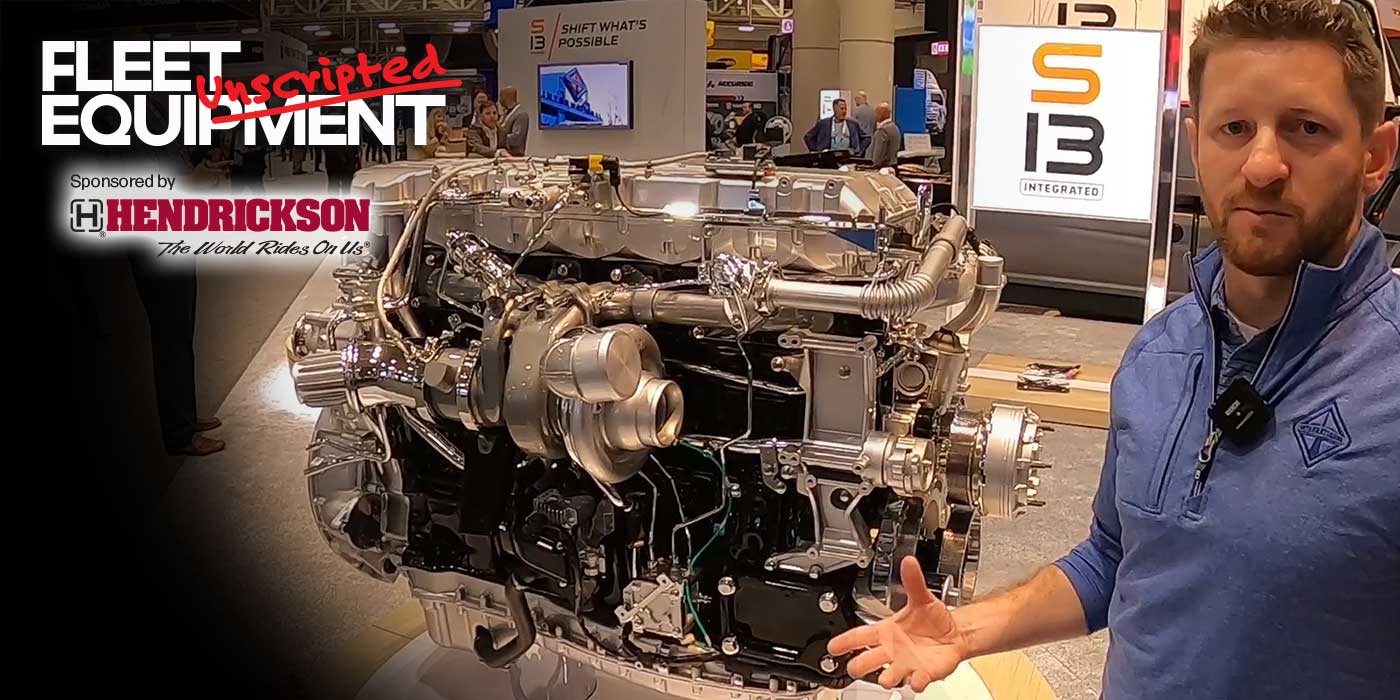New truck demand continues to boom as production challenges continue to loom. The evolution of truck technology is the constant—improved safety systems and improved efficiency all add up to savings. Pre-pandemic, a four- to five-year new truck lifecycle was common among carriers, but that’s starting to change as fleets take a long, hard look at how long they should run their trucks.
Al Barner, senior vice president of fleet solutions at Fleet Advantage, has a few thoughts about where truck lifecycles are headed. Fleet Advantage leverages a host of data and analytics in helping fleets manage their equipment lifecycles. (Some of it seems downright magical.) It starts with fleets preparing a 18- to 24- to 36-month lifecycle analysis and reading the market tea leaves to anticipate equipment needs.
Barner explains truck lifecycle analysis best in the video above where we also delve into the current market conditions, including supply shortages and the pandemic impact on fleet operations. Watch the video above for all of the insight.
More truck data wizardry from Fleet Advantage

No script? No plan? No problem. Welcome to Fleet Equipment Unscripted—the video interview series that connects you with the greatest minds in the heavy-duty trucking world.
Bookmark the Fleet Equipment Unscripted page to catch all of our Unscripted episodes, and subscribe to our newsletter by clicking here to have the latest news and in-depth trucking stories delivered straight to your inbox.
Fleet Equipment Unscripted is sponsored by Hendrickson.

